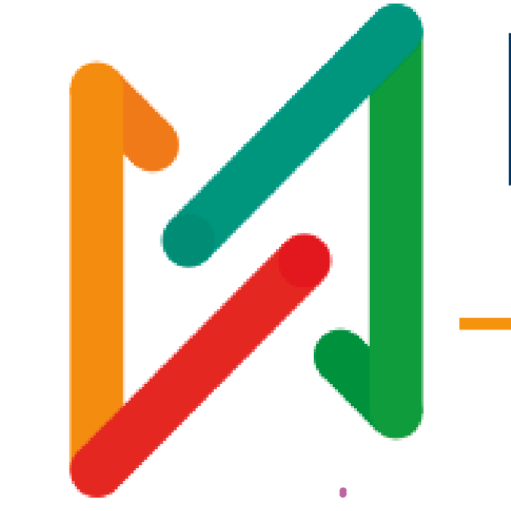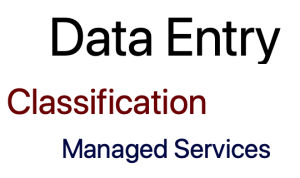Placement management refers to the process of managing and facilitating job placements for students in educational institutes. It involves various activities aimed at preparing students for the job market, connecting them with potential employers, and supporting their transition from academia to professional careers. Here are the key aspects of placement management in educational institutes:
- Career Development:
- Career Counseling: Educational institutes offer career counseling services to guide students in exploring career options, understanding their interests and strengths, and setting career goals.
- Resume Building: Students are provided with guidance and resources to create professional resumes and cover letters that effectively highlight their skills, education, and experiences.
- Interview Preparation: Institutes conduct mock interviews and provide interview preparation workshops to help students develop effective interview techniques and improve their confidence.
- Industry Relations:
- Employer Engagement: Institutes establish and maintain relationships with a wide range of employers, including companies, organizations, and industry professionals.
- Industry Collaborations: Institutes collaborate with industries to design curriculum that aligns with industry requirements, ensuring students are equipped with relevant skills and knowledge.
- Internships and Work-Integrated Learning: Institutes facilitate internships and work placements with partner organizations, allowing students to gain practical experience and exposure to real-world work environments.
- Placement Assistance:
- Job Listings and Opportunities: Institutes provide students with access to job listings and placement opportunities through internal job boards, online platforms, or partnerships with recruitment agencies.
- Resume Submission and Matching: Students can submit their resumes to the placement office, which then matches them with suitable job openings based on their qualifications, preferences, and skill sets.
- Interview Scheduling: The placement office coordinates and schedules interviews between students and employers, ensuring a smooth and organized process.
- Career Fairs and Networking Events:
- Career Fairs: Institutes organize career fairs where students have the opportunity to interact with employers, explore job openings, and learn about different career paths.
- Networking Events: Institutes facilitate networking events, guest lectures, and industry-specific seminars to provide students with opportunities to connect with professionals in their field of interest.
- Alumni Engagement:
- Alumni Support: Institutes maintain strong connections with their alumni network, leveraging their professional experiences and connections to support current students in their job search.
- Alumni Referrals: Alumni are encouraged to refer job opportunities to the placement office or directly to students, creating a network of support and enhancing placement prospects.
- Placement Monitoring and Support:
- Placement Tracking: Institutes keep records of students’ job placements, including the organizations they join, positions secured, and salary details, for monitoring and reporting purposes.
- Post-Placement Support: Institutes offer post-placement support by staying in touch with placed students, providing assistance in onboarding, and addressing any concerns or challenges they may face in their new roles.
Placement management in educational institutes plays a vital role in bridging the gap between academia and the professional world. By providing students with the necessary resources, guidance, and connections, institutes help facilitate successful job placements and empower students to embark on fulfilling careers.

